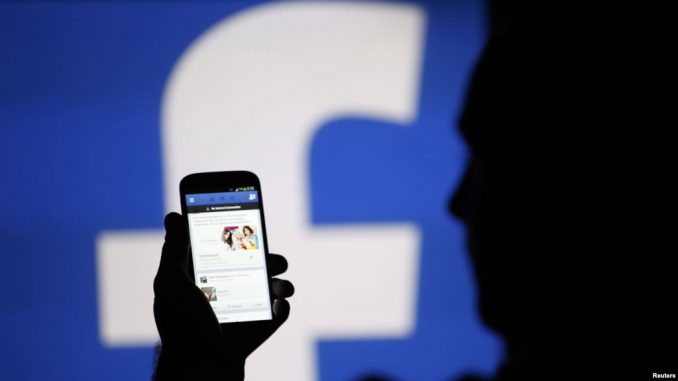
Facebook has revealed it is using artificial intelligence in its ongoing fight to prevent terrorist propaganda from being disseminated on its platform.
“We want to find terrorist content immediately, before people in our community have seen it,” read the message posted Thursday. “Already, the majority of accounts we remove for terrorism we find ourselves. But we know we can do better at using technology — and specifically artificial intelligence — to stop the spread of terrorist content on Facebook.”
The company has been under increasing pressure from governments around the world to do a better job of removing posts made by terrorists
Some of the roles AI plays involve “image matching” to see if an uploaded image matches something previously removed because of its terrorist content.
“Language understanding,” the company says, will allow it to “understand text that might be advocating for terrorism.”
AI, Facebook says, is also useful for identifying and removing “terrorist clusters.”
“We know from studies of terrorists that they tend to radicalize and operate in clusters,” according to the blog post. “This offline trend is reflected online as well. So when we identify pages, groups, posts or profiles as supporting terrorism, we also use algorithms to “fan out” to try to identify related material that may also support terrorism.”
Facebook said AI has helped identify and remove fake accounts made by “repeat offenders.” It says it has already reduced the time fake accounts are active.
However, the company does not rely completely on AI.
“AI can’t catch everything,” it said. “Figuring out what supports terrorism and what does not isn’t always straightforward, and algorithms are not yet as good as people when it comes to understanding this kind of context.
“A photo of an armed man waving an ISIS flag might be propaganda or recruiting material, but could be an image in a news story. Some of the most effective criticisms of brutal groups like ISIS utilize the group’s own propaganda against it. To understand more nuanced cases, we need human expertise.”
VOA












